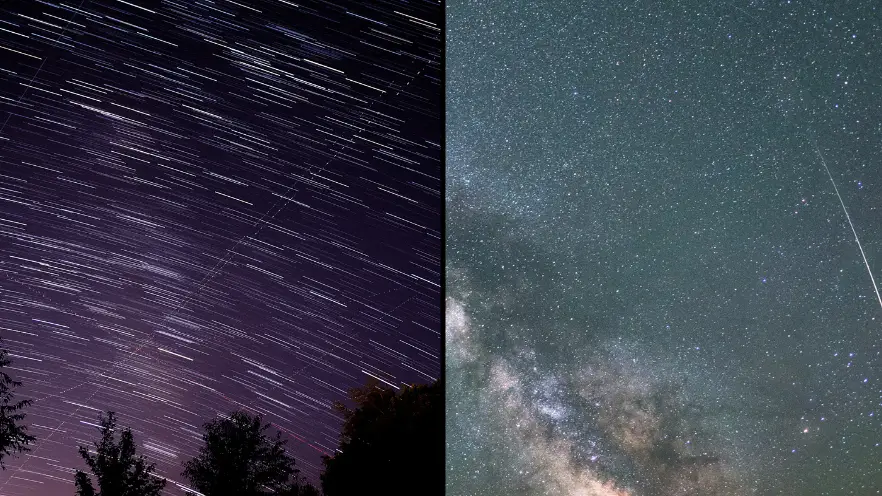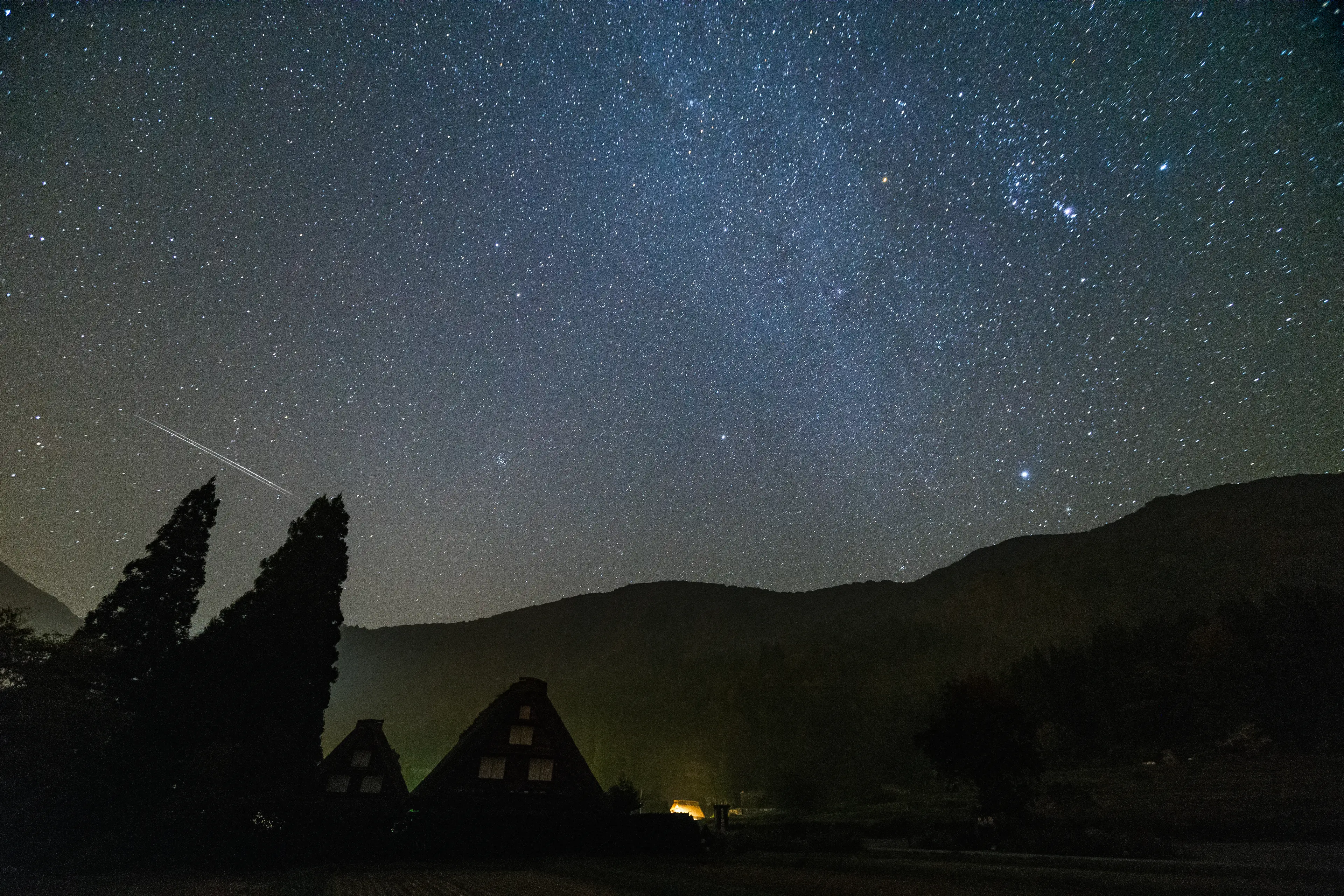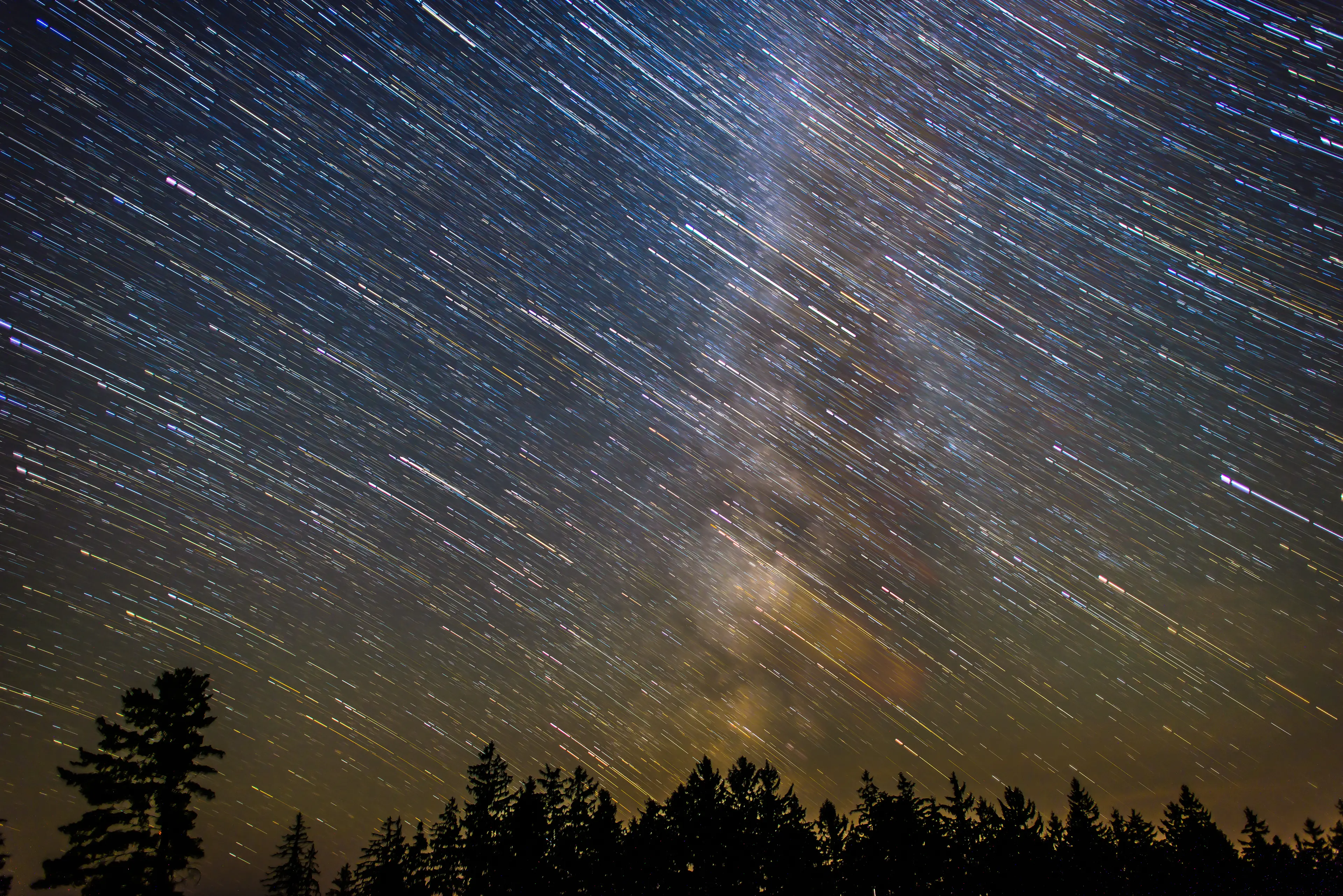
While the rain may be pouring down in some parts of the UK, the sky is going to play host to a spectacular meteor shower tonight.
If you’re lucky enough to have the weather for it then the stargazing over the next few nights is going to be incredible.
This time of year marks the Orionid meteor shower, which is now active from 2 October until 7 November.
Advert
Visible from across the globe, it will peak on the night of 21-22 October between midnight and dawn.
But that means that tonight (20 October) you’ll also be able to see the shower take place pretty visibly.
To the space buffs, the Orionids is rather special as the meteors are actually pieces of Comet 1P/Halley - that’s Halley’s comet to most of us.
While the comet only passes by our planet once every 75-76 years, this shower takes place annually.
Royal Museums Greenwich describes the Orionids shower as ‘fast with fast trains’ with an impressive rate of 25 shooting stars an hour.

If you’re hoping to catch a glimpse of the meteors it is warned to be ‘a waiting game’ so, especially in this weather, you’re going to want to wrap up very warm as you hang around in the cold.
But the good news is they can be seen by the naked eye so you don’t need any equipment to spot them - just make sure you let your eyes adjust to the dark.
Although Royal Museums Greenwich warns: “The Moon will be a waxing crescent just before First Quarter at the nominal maximum, so conditions are not particularly favourable this year.”
There’s hope though as the showers will carry on at a more reduced rate for a couple of days on either side of the peak dates.
So, if the Moon does get in the way of seeing those 25 shooting stars an hour, you have a chance of catching them over the next week or so.

It goes without saying that if you do want to head out tonight or in the coming days for this mega starry shower then you want to get somewhere, well, dark.
Find somewhere safe that’s away from street lights and other sources of light pollution.
Royal Museums Greenwich states: “The meteors can be seen in all parts of the sky, so it’s good to be in a wide open space where you can scan the night sky with your eyes. But if you trace the paths that the meteors take, they seem to originate from the constellation of Orion.”
So wrap up warm, avoid the lights and keep your eyes out for some shooting stars lads.